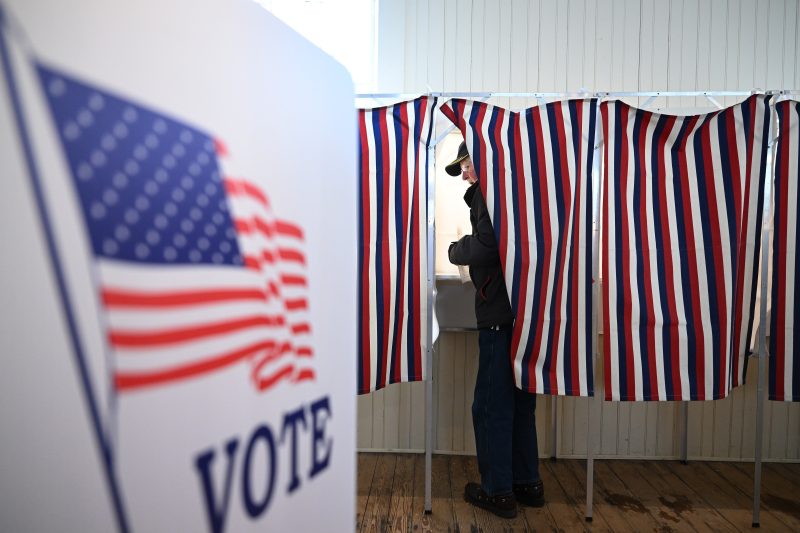
Challenging the Status Quo: National Popular Vote Plan vs Undemocratic Electoral College
The National Popular Vote Plan: Addressing the Challenges of the Undemocratic Electoral College
Proponents of the National Popular Vote (NPV) plan argue that it is a necessary step towards addressing the flaws of the current Electoral College system in the United States. This plan aims to ensure that the presidential candidate who receives the most votes nationally is the one who ultimately wins the presidency. However, the NPV plan faces several challenges in its quest to reform the electoral process and promote true democracy.
One of the primary objections raised against the NPV plan is the concern that it could lead to a shift in campaign strategies, with candidates focusing solely on densely populated urban areas at the expense of rural and less populated regions. Critics argue that under the NPV system, presidential campaigns would disproportionately cater to the needs and interests of urban voters while neglecting those in rural areas, potentially marginalizing certain demographics.
Furthermore, opponents of the NPV plan claim that it could undermine the principles of federalism by centralizing power in the hands of a few populous states. They argue that by relying solely on the national popular vote to determine the outcome of the presidential election, smaller states would be overshadowed by the collective influence of larger states, leading to a loss of representation and a weakened voice in national politics.
Additionally, critics point to the potential challenges of implementing the NPV plan, especially in terms of logistical issues and security concerns. Transitioning to a national popular vote system would require significant changes to the current electoral infrastructure, including the development of new voting mechanisms and processes to accurately tally and verify votes on a national scale. Ensuring the integrity and security of the electoral system under the NPV plan would be a complex and challenging task that could potentially open the door to fraud or manipulation.
Despite these challenges, supporters of the NPV plan argue that it is a crucial step towards rectifying the undemocratic nature of the Electoral College and ensuring that every vote counts equally in presidential elections. They emphasize that the current system often results in candidates winning the presidency without winning the popular vote, leading to a disconnect between the will of the people and the outcome of the election.
In conclusion, the National Popular Vote plan presents a bold and innovative approach to reforming the electoral process in the United States. While it faces several challenges and criticisms, the NPV plan has the potential to promote a more democratic and representative system by prioritizing the national popular vote in presidential elections. As the debate over electoral reform continues, the NPV plan stands as a key proposal in the ongoing efforts to uphold the principles of fairness and equality in the American electoral system.
